
Kód: 04536813
Nay Science
Autor Joydeep Bagchee, Vishwa Adluri
Vishwa Adluri and Joydeep Bagchee undertake a careful and rigorous hermeneutical approach to nearly two centuries of German philological scholarship on the Mahabharata and the Bhagavad Gita. Analyzing the intellectual contexts of ... celý popis
- Jazyk:
 Angličtina
Angličtina - Väzba: Pevná
- Počet strán: 512
Nakladateľ: Oxford University Press Inc, 2014
- Viac informácií o knihe

Mohlo by sa vám tiež páčiť
-

Good Man in Africa
10.63 € -21 % -

Balancing Act
18.30 € -4 % -

Classroom Literacy Games
55.12 € -

Rebel Bookseller (revised And Updated)
19.42 € -20 % -

Failure of Illiberalism
46.02 € -

False Albacore
36.81 € -9 % -

BAD SCIENCE
16.15 € -21 %
Darčekový poukaz: Radosť zaručená
- Darujte poukaz v ľubovoľnej hodnote, a my sa postaráme o zvyšok.
- Poukaz sa vzťahuje na všetky produkty v našej ponuke.
- Elektronický poukaz si vytlačíte z e-mailu a môžete ho ihneď darovať.
- Platnosť poukazu je 12 mesiacov od dátumu vystavenia.
Viac informácií o knihe Nay Science
Nákupom získate 501 bodov
 Anotácia knihy
Anotácia knihy
Vishwa Adluri and Joydeep Bagchee undertake a careful and rigorous hermeneutical approach to nearly two centuries of German philological scholarship on the Mahabharata and the Bhagavad Gita. Analyzing the intellectual contexts of this scholarship, beginning with theological debates that centered on Martin Luther's solefidian doctrine and proceeding to scientific positivism via analyses of disenchantment (Entzauberung), German Romanticism, pantheism (Pantheismusstreit), and historicism, they show how each of these movements progressively shaped German philology's encounter with the Indian epic. They demonstrate that, from the mid-nineteenth century on, this scholarship contributed to the construction of a supposed "Indo-Germanic" past, which Germans shared racially with the Mahabharata's warriors. Building on nationalist yearnings and ongoing Counter-Reformation anxieties, scholars developed the premise of Aryan continuity and supported it by a "Brahmanical hypothesis," according to which supposedly later strata of the text represented the corrupting work of scheming Brahmin priests. Adluri and Bagchee focus on the work of four Mahabharata scholars and eight scholars of the Bhagavad Gita, all of whom were invested in the idea that the text-critical task of philology as a scientific method was to identify a text's strata and interpolations so that, by displaying what had accumulated over time, one could recover what remained of an original or authentic core. The authors show that the construction of pseudo-histories for the stages through which the Mahabharata had supposedly passed provided German scholars with models for two things: 1) a convenient pseudo-history of Hinduism and Indian religions more generally; and 2) a platform from which to say whatever they wanted to about the origins, development, and corruption of the Mahabharata text. The book thus challenges contemporary scholars to recognize that the "Brahmanic hypothesis" (the thesis that Brahmanic religion corrupted an original, pure and heroic Aryan ethical and epical worldview), an unacknowledged tenet of much Western scholarship to this day, was not and probably no longer can be an innocuous thesis. The "corrupting" impact of Brahmanical "priestcraft," the authors show, served German Indology as a cover under which to disparage Catholics, Jews, and other "Semites."
 Parametre knihy
Parametre knihy
Zaradenie knihy Knihy po anglicky Humanities Religion & beliefs Aspects of religion (non-Christian)
202.61 €
- Celý názov: Nay Science
- Podnázov: A History of German Indology
- Autor: Joydeep Bagchee, Vishwa Adluri
- Jazyk:
 Angličtina
Angličtina - Väzba: Pevná
- Počet strán: 512
- EAN: 9780199931347
- ISBN: 0199931348
- ID: 04536813
- Nakladateľ: Oxford University Press Inc
- Hmotnosť: 854 g
- Rozmery: 244 × 166 × 32 mm
- Dátum vydania: 15. May 2014
Obľúbené z iného súdka
-

Holy Qur'an
5.51 € -26 % -
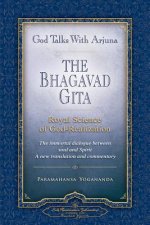
God Talks with Arjuna
32.82 € -

Reversing Hermon: Enoch, the Watchers, and the Forgotten Mission of Jesus Christ
15.13 € -28 % -
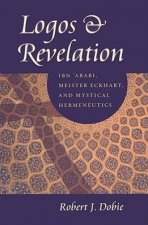
Logos and Revelation
49.90 € -

Soulcraft
17.17 € -19 % -

At the Eleventh Hour
16.97 € -16 % -

Illustrated Book of Prayers
11.85 € -18 % -

Bhagavad Gita
59.72 € -2 % -
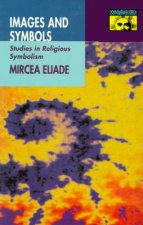
Images and Symbols
32.72 € -7 % -
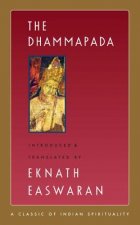
Dhammapada
10.83 € -24 % -
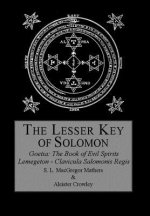
The Lesser Key of Solomon
19.42 € -
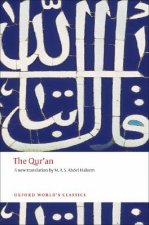
Qur'an
10.22 € -24 % -

Demonologist
11.14 € -32 % -
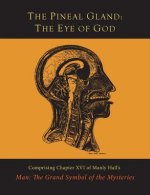
Pineal Gland
5.41 € -

Sefer Yetzira/the Book of Creation
36.81 € -14 % -

Stillness Speaks
12.26 € -23 % -

Sacred Mirrors Cards
16.56 € -22 % -

Integral Spirituality
29.75 € -18 % -
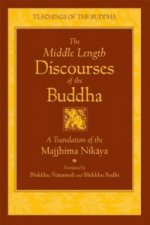
Middle Length Sayings
60.03 € -21 % -
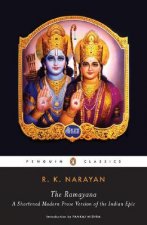
Ramayana
11.45 € -28 % -
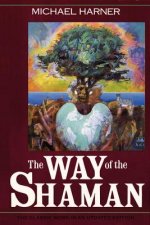
The Way of the Shaman
15.23 € -17 % -

As a Man Thinketh
4.69 € -23 % -
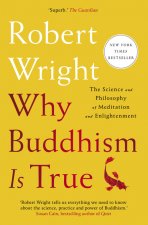
Why Buddhism Is True
10.42 € -28 % -
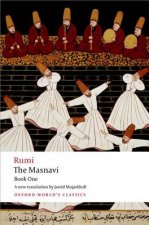
The Masnavi, Book One
9.40 € -28 % -
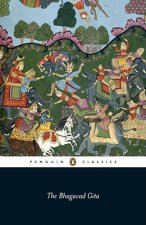
Bhagavad Gita
10.42 € -28 % -

Practising The Power Of Now
11.34 € -24 % -

Yoga of the Bhagavad Gita
18.20 € -
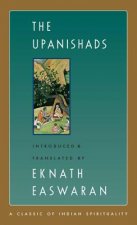
Upanishads
11.45 € -25 % -

Start Where You Are
10.42 € -28 % -

How To Walk
7.35 € -17 % -
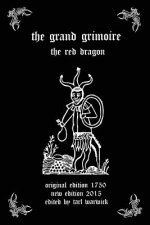
Grand Grimoire
7.25 € -11 % -

Mysterium Magnum
25.97 € -
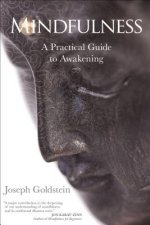
Mindfulness
17.38 € -22 % -

To Bless the Space Between Us
22.08 € -16 % -
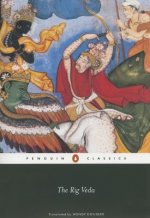
Rig Veda
10.42 € -28 % -

Course in Miracles
16.15 € -1 % -
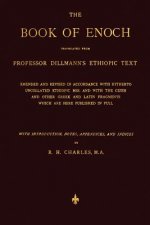
Book of Enoch
17.89 € -

Return of the Feminine and the World Soul
16.97 € -
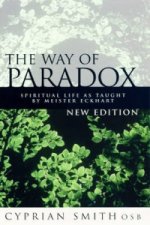
Way of Paradox
10.42 € -28 % -

GOD Works Through Faith
19.32 € -

Mysterium Magnum
24.95 € -

Voice of the Earth
22.59 € -14 % -

Circle Round
19.01 € -18 % -

How To Love
6.13 € -28 % -

Mindfulness-Based Cognitive Therapy for Depression
51.54 € -
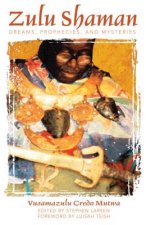
Zulu Shaman
12.98 € -29 % -
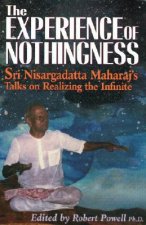
Experience of Nothingness
13.18 € -19 % -

Sacred Symbols
22.19 € -18 % -
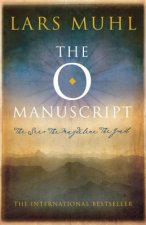
O Manuscript
25.05 € -31 %
Osobný odber Bratislava a 2642 dalších
Copyright ©2008-24 najlacnejsie-knihy.sk Všetky práva vyhradenéSúkromieCookies



 21 miliónov titulov
21 miliónov titulov Vrátenie do mesiaca
Vrátenie do mesiaca 02/210 210 99 (8-15.30h)
02/210 210 99 (8-15.30h)